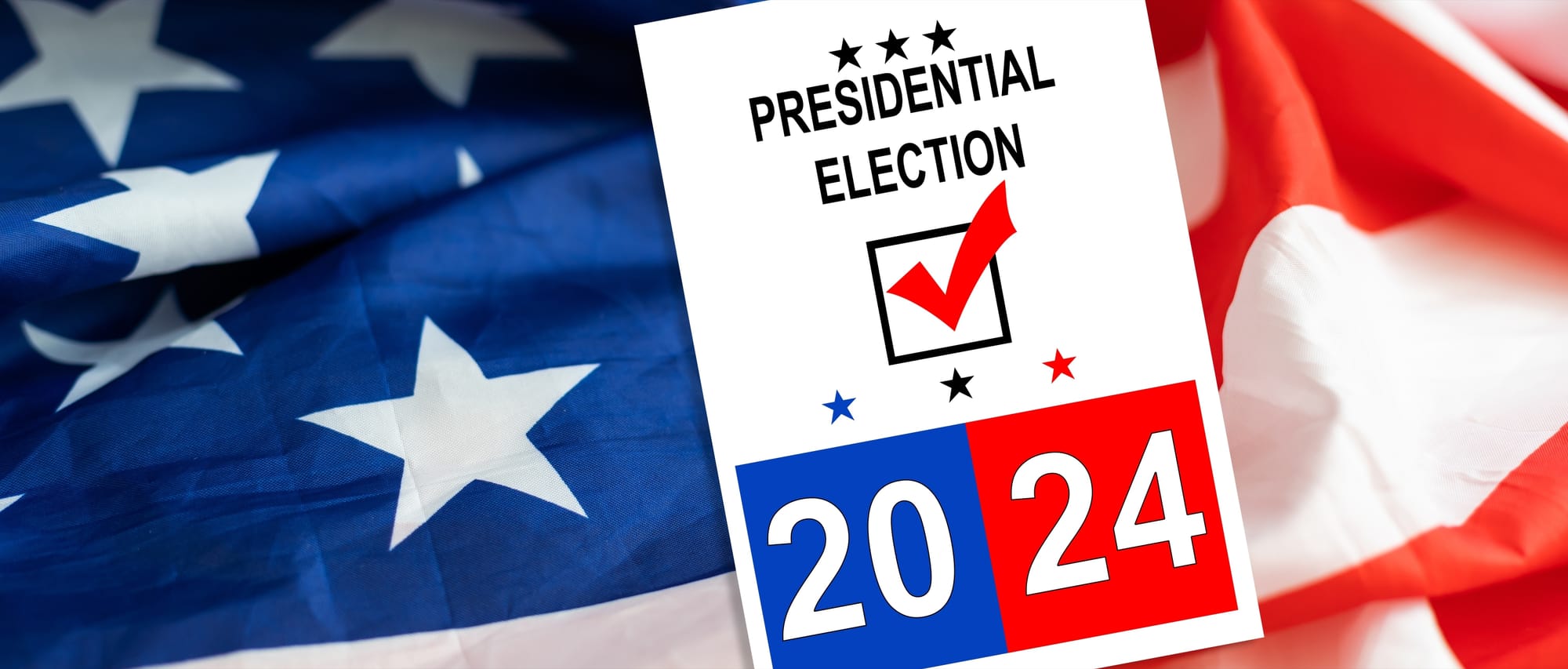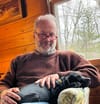Up Yours
As usual, it took a minute when I slipped behind the curtain and unfolded the paper ballot to process all the names in front of me.

This was our fourth Presidential primary season since moving to New Hampshire. They start months in advance, flag for a week or so ahead of voting in the Iowa caucuses, then rumble over the finish line with a battery of cable TV commercials, personal texts (Hey, Jarvis, show your support by donating $5), emails and calls to the mobile telephone. Any year there is an incumbent in the race the roster of candidates is cut in half. This year, with the mantle of incumbent resting on two of the candidates, there were even fewer in the herd capable of attracting attention.
However, the actual number of candidates was still overwhelming. As usual, it took a minute when I slipped behind the curtain and unfolded the paper ballot to process all the names in front of me. Who were these people? How did they get here?
In New Hampshire, the answer is that they paid one thousand dollars. One thousand dollars gets you into the primary race. Joining the general election is more complicated. It requires three thousand signatures, fifteen hundred from each Congressional District. (We only have two districts. So, basically, nearly everyone in the state has to agree to let you run in the general election.)
With my little yellow pencil in hand, I scanned the list, conscious of people shuffling past outside my booth. If there was a year when I might have been tempted to signal my displeasure with our political parties by filling in the oval next to a long shot, this would have been it. I happen to have used my independent status to vote in the Republican primary. There were twenty-four on that ballot, none terribly colorful (unless you count the front-runner). They were (I have done the research since) business types from around the country, spending hawks, citizens, probably fine members of their community, with grown children asking, “President? Seriously?”
Not surprisingly, the Democratic side had more colorful entries including the perennial New Hampshire primary candidate, Vermin Supreme, who wears a rubber boot on his head. He got one percent of the vote.
There was John Vail of Easton, someone I might enjoy having lunch with. Nice smile. Apparent sense of humor. He advertises being a Christian and a Socialist and makes clear on his website that he is not an “ideal” candidate. But he has something to say, and I have surely spent a thousand bucks less fruitfully along the way. He got one percent of the vote, the same as Vermin.
Candidate Paperboy Love Prince did not score even one percent of the primary vote. I have been to Paperboy’s website, featuring a disturbing graphic of a pink, anatomic form marching at you, but also, if elected, a multi-point plan. A guaranteed right to housing is a big deal for Paperboy, stemming from his experience living in New York City. Mr. Love Prince is also deeply invested in climate control and the environment. He intends to make water “a central issue for humanity.” That should have netted him more support in New Hampshire. And who would disagree? Not all is pie-in-the-sky. According to his website, Paperboy founded OurFoodNYC, a mutual aid group that has distributed over four million in free food across the five boroughs. I will wager it a singular accomplishment among all candidates.
Do you remember the comedian, Pat Paulsen? A regular candidate for President, he said, “All the problems we face in the United States can be traced to an unenlightened immigration policy on the part of the American Indian.” And “I’ve upped my standards. Now up yours.”
Paulsen used to get occasional airtime on the three networks, which was what we had for television then, with the consequence that large portions of the country would gather in the same place a few hours a day for news, weather, and entertainment. It strikes me that you have to dive into a slate of long-shot candidates to benefit from the sort of social intervention that Paulsen provided to the Presidential election process every four years. Of course, there was the Tonight Show, once the only late-night game in town, which was often credited in those days helping the nation end the day laughing . . . together.
These days, programming is too partial across every platform. In places, partial just to you. So, these days, consensus is unnecessary, allowing partisanship to flourish unrestrained. And nothing imposes its will harder on laughing together than partisanship, which does not welcome humor at its expense.
I am grateful New Hampshire makes it easy for the solemn and the silly to join in the race if only to save a spot for those who can remind us to smile at ourselves--or by golly, that we can run for President.

